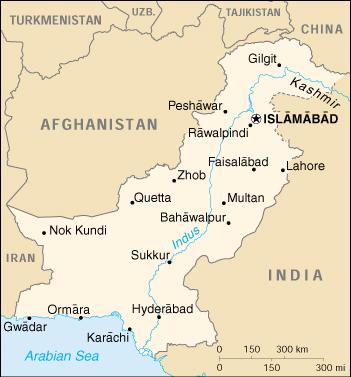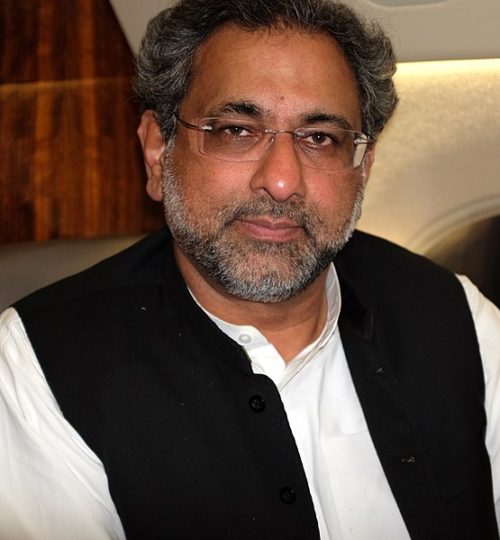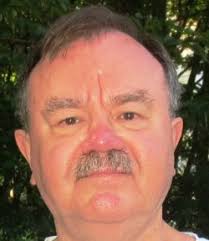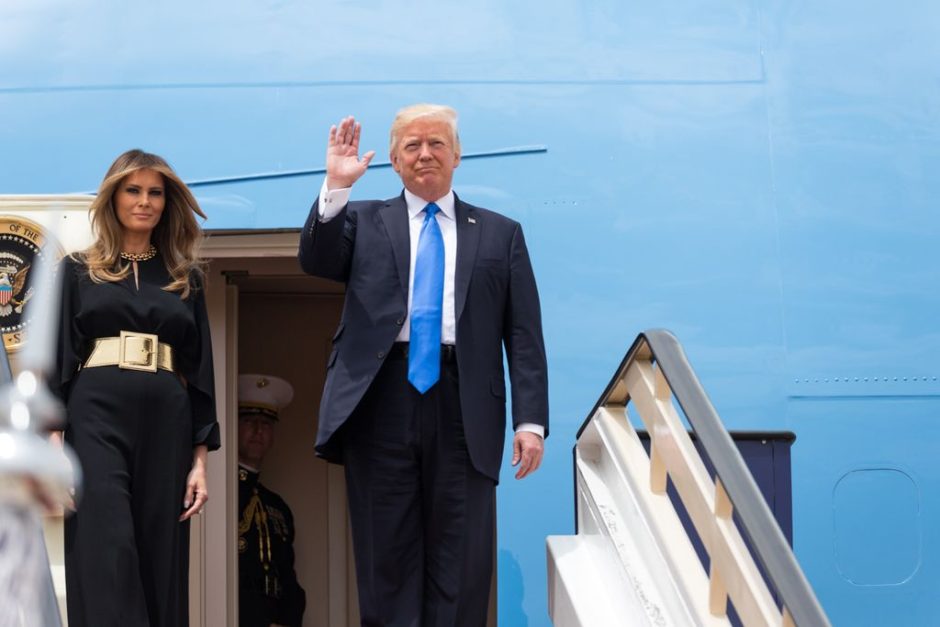It’s no secret that U.S. President Donald Trump thinks Americans have for decades been taken for a ride by fair-weather friends when it comes to foreign aid.
They are glad to take the cash, but become no-shows when asked to provide help when Washington needs it.

Pakistan is among the countries he considers freeloaders. In fact, it’s worse than that. Pakistan has actively worked at cross-purposes to Washington’s own foreign policies, from giving sanctuary to Al Qaeda leader Osama bin Laden to providing aid, often surreptitiously, to various groups of Islamists, especially in Afghanistan and the Indian-controlled part of Kashmir.
Pakistan has for a long time been playing a double game, assuring Washington that it was doing what it could to tackle fundamentalist militants within its borders, while at the same time turning a blind eye to the many terrorist networks in the country.
It has also long been an open secret that its Inter-Services Intelligence (ISI) Agency created the Afghanistan Taliban, and that it tolerated contact between the ISI and commanders of the insurgency.
Not one to mince words, Trump, at the start of the new year, announced that America won’t be played for a sucker anymore. U.S. aid, he tweeted, shouldn’t go to countries, such as Pakistan, that harbor terrorists who want to harm Americans.
The United States has provided Pakistan with $33.4 billion in aid since 2002. Annual economic and security assistance peaked at more than $3.5 billion in 2011, but the U.S. has drastically cut funds to Pakistan in recent years.
Still, the South Asian nation received $383 million in 2016, according to U.S. government data, and $742 million was earmarked for 2017.

Last August, Trump warned he would slash aid to Pakistan as punishment for giving sanctuary “to agents of chaos, violence and terror.” These include pro-Kashmir movements that have been unofficially tolerated because of their public popularity. As well, the ISI has long been reported to abet Lashkar-e-Taiba, a radical anti-India militia accused of masterminding a terrorist siege in Mumbai in 2008.
After that, it rebranded itself as Jamaat-ud-Dawa, and it has recently established its first political party, the Milli Muslim League.
“We have been paying Pakistan billions and billions of dollars at the same time they are housing the very terrorists that we are fighting,” Trump said in announcing a new Afghanistan strategy. “But that will have to change, and that will change immediately.”
He turned up the heat as 2017 came to a close. Trump presented a blueprint for the country’s national security policy on December 18, and went out of his way to criticize Islamabad. “We make massive payments every year to Pakistan,” he remarked. “They have to help.”
Vice President Mike Pence reinforced that message while visiting Afghanistan before Christmas, telling American troops, “President Trump has put Pakistan on notice.”
The New York Times reported that the Trump administration was seriously weighing whether to withhold $255 million in aid that it had already delayed sending to Islamabad as a show of dissatisfaction with Pakistan’s intransigence toward confronting the terrorist networks that operate there. This amount, which included non-military aid as well, is left over from money earmarked for Pakistan in 2016.
As January 1, 2018 arrived, Trump lashed out at Pakistan with one of his trademark tweets: “The United States has foolishly given Pakistan more than $33 billion in aid over the last 15 years, and they have given us nothing but lies and deceit, thinking of our leaders as fools. They give safe haven to the terrorists we hunt in Afghanistan, with little help. No more!”

In an attempt at damage control, Pakistani Foreign Minister Khawaja Asif conferred with Prime Minister Shahid Khaqan Abbasi. Asif then responded by lamenting the country’s slide into extremism, but laying much of the blame on the rise of terrorist elements in Pakistan in the last 20 years on the United States.
That’s not going to go over too well in Washington.
Henry Srebrnik is a professor of political science at the University of Prince Edward Island.

